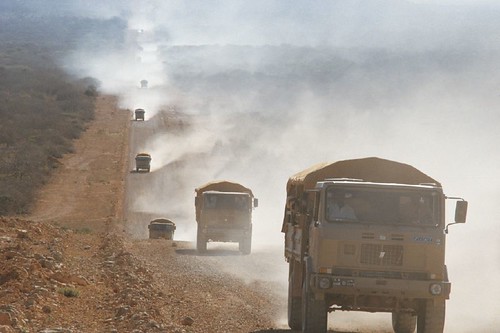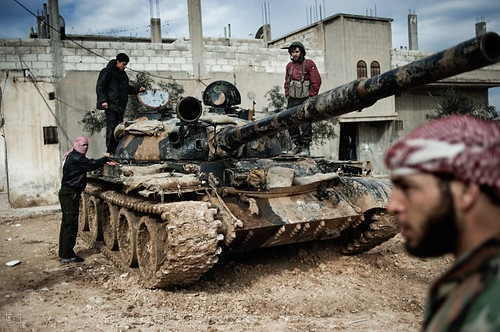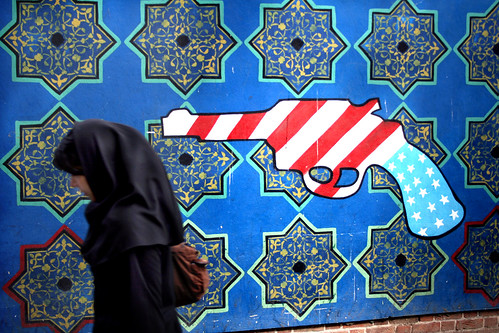
Modernity’s jihad against religion seems to be in retreat. The incarceration of religion within the private sphere of human affairs under the assumption that with the spread of modernity, religion would cease to exist, has not worked out as was envisaged. America and Europe, the epitome of the West, have not been able to achieve this even on their home soils. Religion seems to have become more pervasive than ever in both North America and Europe.
The eminent sociologist Robert Bellah in his book Religion in Human Evolution: from Paleolithic to Axial Age cautions us that “nothing is ever lost” and reminds us, in the words of Thomas Mann, that “very deep is the well of past.” Another American sociologist, Peter Berger, known for his seminal work on sociology of knowledge and religion, also warns us that “those who neglect religion in their analyses of contemporary affairs do so at great peril.” The West at least appears to be groping towards a revised version of secularism as part of an attempt to address the issue of the rising religiosity in their own territory. However, this leaves post-colonial countries newly emerging into modernity with a terrible dilemma. Their desire to be ‘modern’ according to the most common interpretation of Enlightenment discourse continues to rule religion entirely out of the public sphere.




